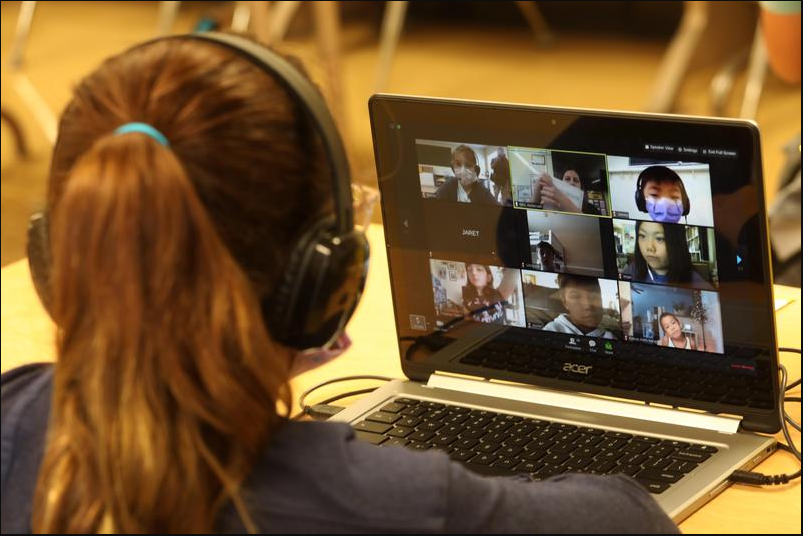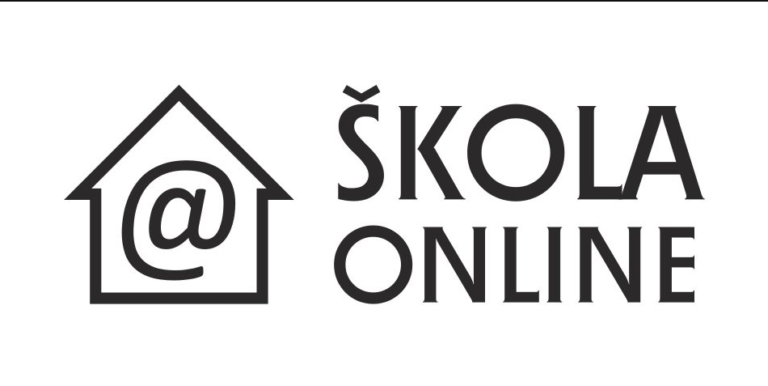Introduction: Education Is Going Digital
In today’s fast-paced world, more parents are turning toward online schooling, or Skola On Line, for their children. But what is Skola On Line? How does it work? And most importantly, is it right for your child? This article provides all the essential information parents are looking for when considering online education.
What Is Skola On Line?
Skola On Line refers to an internet-based educational platform that allows students to attend classes virtually from home. It includes:
- Online classes via video
- Interactive assignments
- Exams and results posted digitally
- Teacher-student communication through apps
It is often provided by governments or private institutions as a full-time or hybrid alternative to traditional schooling.
Why Are Parents Choosing Skola On Line?
There are several reasons why parents prefer online school:
- Safety during pandemics or emergencies
- Flexible schedule for working parents or traveling families
- Personalized learning pace
- Access to quality education even in remote areas
These advantages are making Skola On Line a popular alternative across the globe.
How Does Skola On Line Work?

Online schooling usually includes:
- Daily login to the student dashboard
- Live or recorded classes through Zoom, Google Meet, or custom platforms
- Assignment submissions via online portals
- Progress reports emailed directly to parents
- Parent-teacher meetings online
Everything is structured to mirror a regular classroom experience.
Required Tools for Skola On Line
Before enrolling your child, ensure the following:
- Laptop or tablet with internet access
- Headphones and webcam
- Quiet learning space at home
- Basic computer skills for students and parents
- Power backup (if possible)
Many schools also offer technical support to help with setup.
What Role Do Parents Play in Skola On Line?
Parents are crucial in a child’s online learning journey. Their roles include:
- Monitoring screen time
- Ensuring attendance
- Helping with assignments
- Communicating with teachers
- Creating a distraction-free study space
You don’t need to be a teacher, but your involvement helps your child stay disciplined.
Advantages of Skola On Line for Parents
- More Involvement in Education
Parents can track real-time progress and understand the child’s learning style. - Time-Saving
No pick-up/drop-off, no traffic. You get back hours every day. - Transparency
Parents can access lessons, grades, and feedback at any time. - Flexibility
Families can travel without compromising education.
Challenges Parents Face with Online Learning

While Skola On Line has many benefits, it also comes with challenges:
- Lack of social interaction
- Screen fatigue
- Discipline issues
- Technical problems
- Parental burnout
These challenges can be managed with proper planning and support.
Tips to Make Skola On Line Successful at Home
- Set a Daily Routine
Maintain regular school hours even at home. - Designate a Study Zone
Avoid beds or couches for studying. - Limit Distractions
No mobile phones, TVs, or games during study time. - Encourage Breaks
Short breaks help kids stay focused and reduce screen fatigue. - Be Supportive, Not Controlling
Guide your child, don’t micromanage.
How to Choose the Right Skola On Line Program
Not all online schools are created equal. Consider:
- Accreditation and recognition
- Curriculum and subjects
- Class size and interaction level
- Teacher credentials
- Parent reviews and testimonials
Choose a program that suits your child’s learning style and your family’s schedule.
Online Safety for Kids in Skola On Line
Internet safety is vital. Parents should:
- Use parental control software
- Teach cybersecurity basics
- Monitor chats and interactions
- Avoid sharing personal information
- Stay involved in digital activities
Safety is a shared responsibility between schools and parents.
Cost of Skola On Line: Is It Affordable?
Costs vary depending on:
- Public vs private platform
- Grade level
- Features included (live classes, tutoring, etc.)
Some government schools offer Skola On Line free of charge, while private programs may range from $50 to $300 per month. However, remember that you save on transport, uniforms, and meals.
Skola On Line in Different Countries
Skola On Line is known by different names globally:
- Croatia/Serbia/Bosnia: Often part of national education systems
- USA: Homeschooling and virtual academies
- UK: E-learning platforms
- India: Online coaching schools
Each country has its own guidelines, so check local requirements before enrolling.
Future of Education: Is Skola On Line Here to Stay?

The COVID-19 pandemic accelerated the adoption of online learning. While physical schools are reopening, many hybrid models are here to stay.
Experts believe that blended learning — combining in-person and online education — will be the norm in the future.
Skola On Line prepares students for digital literacy, self-learning, and time management — key 21st-century skills.
About Skola On Line
Q1: Is Skola On Line suitable for all age groups?
Yes, but younger children may need more parental support than older students.
Q2: What if my child misses a class?
Most platforms provide recorded lectures so students can catch up anytime.
Q3: Can my child switch back to traditional school later?
Yes, but make sure the Skola On Line program is officially recognized to avoid issues with transcripts.
Q4: Is online learning as effective as traditional schooling?
It depends on the child’s learning style and the quality of the program. For many, it’s even more effective.
Q5: How can I make my child stay motivated?
Set goals, reward progress, and show interest in what they’re learning.
Conclusion: Should You Consider Skola On Line for Your Child?
Skola On Line is more than a pandemic solution — it’s a powerful educational tool when used correctly. As a parent, your role is not just to observe but to actively participate in your child’s online learning journey.
If your family values flexibility, digital literacy, and personalized education, Skola On Line may be the perfect choice. By staying informed, setting routines, and engaging with the learning process, you can turn your home into a hub of academic success.
Online learning is not just the future — it’s the present. And with the right approach, it can be a beautiful one.

